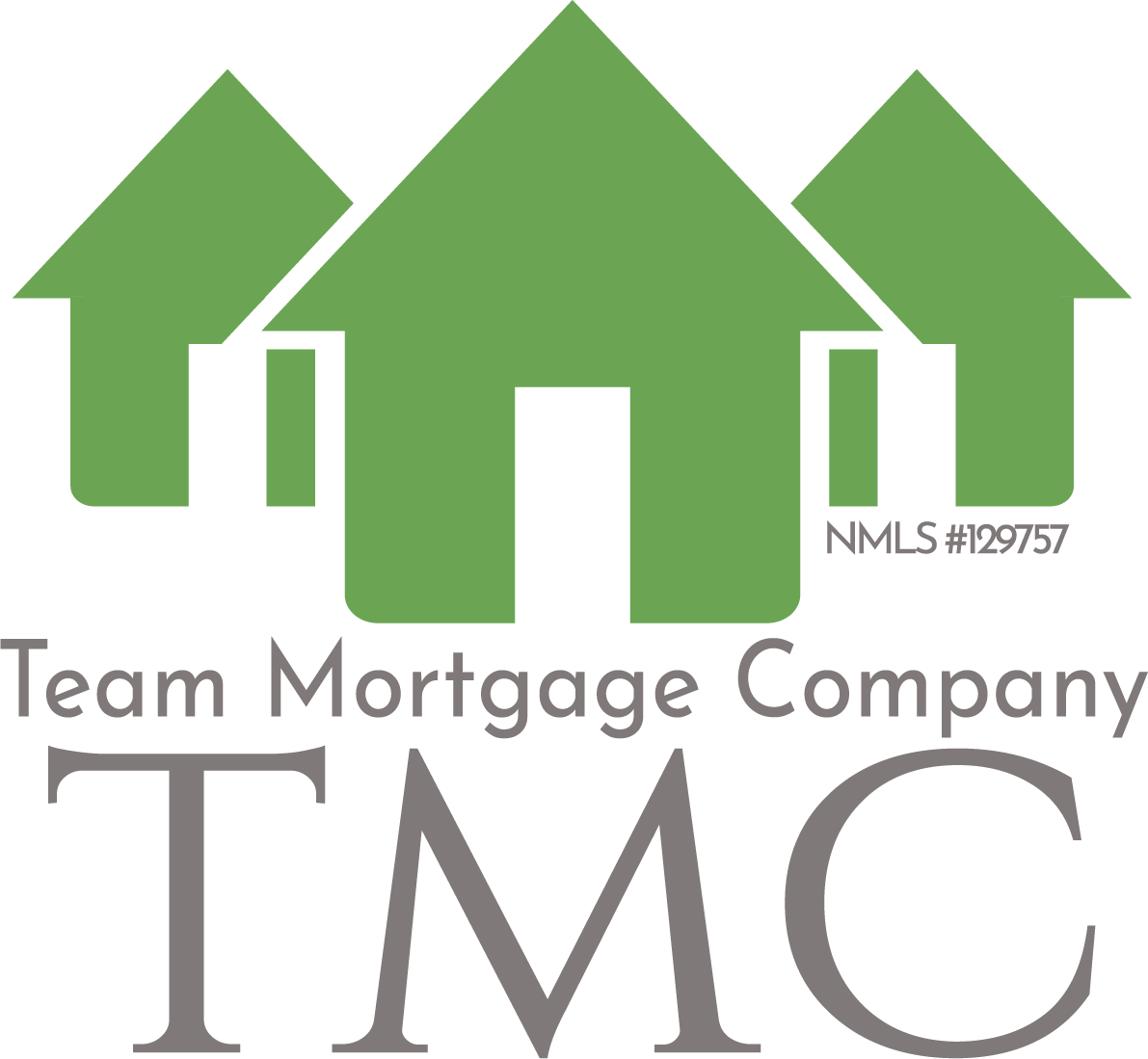
04 Nov Fixed Vs Adjustable Mortgages
The time has finally come. You’re financially stable with a good career and ready to live the American Dream. The next step is to purchase your first home. You have scoured the internet looking at the listings in your area; narrowed the choices — and maybe already know what remodeling changes you want to make.
Now it’s time to decide what type of mortgage loan will best suit your needs. Understanding the difference between fixed and adjustable mortgages may seem like navigating through a maze blindfolded. One wrong step and you bump into a wall.
Just as the name suggests, a mortgage rate that is fixed will never change. Once the agreement is signed, you will only pay the fixed percent interest for the life of the mortgage. So what does this mean for you as a borrower? That you are protected from any sudden rises in interest rates. The downside being, if interest rates drop you won’t see any savings either. Another benefit of the fixed rate mortgage is it simplicity in comparison to an adjustable rate. Most fixed rate mortgages will not vary from lender to lender. The rate you agree upon is the one you pay. This type of rate is useful in helping a borrower to budget. Life often throws us curve balls with unexpected expenses, but having a fixed rate mortgage offers the comfort of routine.
After reading this far, you may be asking yourself, “why should I even consider an adjustable mortgage? I want the sure thing.” Before you make your decision, there is a benefit to having an adjustable rate that should be considered. With an adjustable mortgage you may start with initial lower rate, meaning a lower starting monthly cost. Why? Because when a lender agrees to a fixed rate, they are taking the risk if market interest rates rise. They have no choice but to continue loaning you money below market value.
With an adjustable rate, the borrower is taking the risk. Even with the lower rate, it still may not seem worth taking a chance that your monthly payment will rise. What if interest rates skyrocket to 15 percent? While such a sudden hike in rates is unlikely, you could still be protected by what is termed a “cap” on your adjustable mortgage rate. For example, most lenders set their cap at 5 percent for the lifetime of the loan. That means, if your initial rate was set at 4 percent, it can never raise above 9 should the market rates increase. The amount for caps and how they work vary from lender to lender, so having a loan officer explain in detail the adjustable loan you’re receiving is essential.
Whatever your decision, fixed or adjustable mortgage, remember to take you time and ask questions. Buying a home is a milestone in life and shouldn’t be rushed.
For more information about fixed vs adjustable mortgages from the mortgage experts at Team Mortgage Company, please contact us here or call us at directly at 616.974.9710.


